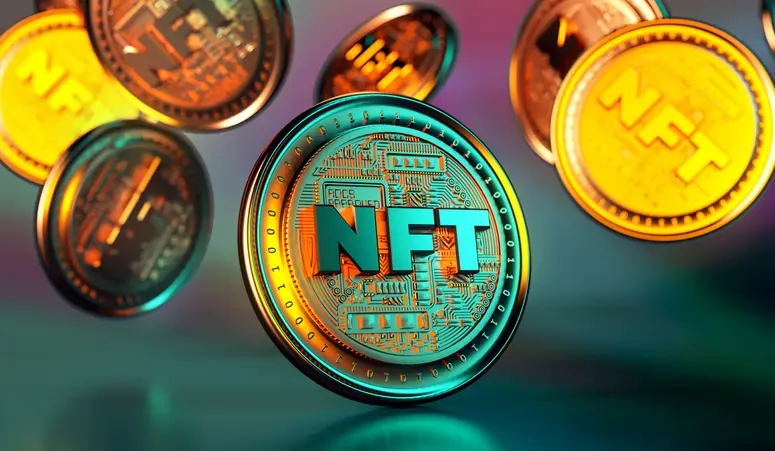
Best blockchain for NFT
In the fast-evolving world of digital assets, Non-Fungible Tokens (NFTs) have emerged as a revolutionary force, transforming the way we perceive and exchange value in the digital realm. As the demand for NFTs continues to surge, the choice of the underlying blockchain becomes a critical decision for creators, collectors, and investors alike. In this comprehensive guide, we will delve into the best blockchains for NFTs in 2023, exploring their unique features, advantages, and why they stand out in the competitive landscape.
Ethereum:
Ethereum, the first blockchain to support NFTs, has long been the go-to platform for creating and trading these unique digital assets. Its smart contract functionality and wide developer support make it an ideal choice for NFT projects. However, Ethereum’s success has also led to scalability issues and high gas fees. As the demand for NFTs grows, scalability has become a significant concern, prompting the search for alternative blockchains.
Binance Smart Chain:
Binance Smart Chain (BSC) has quickly risen as a prominent alternative to Ethereum. Known for its fast transaction speeds and lower fees, BSC provides a more cost-effective option for NFT creators and users. Its compatibility with the Ethereum Virtual Machine (EVM) allows for easy migration of projects from Ethereum to BSC, reducing the barrier to entry for those looking to explore NFTs without the associated high costs.
Flow:
Flow is a blockchain specifically designed for NFTs, offering a unique architecture that prioritizes scalability and user experience. Developed by the team behind CryptoKitties, one of the earliest NFT success stories, Flow aims to provide a seamless experience for users and developers. Its unique approach to resource-oriented programming and support for composability make it a promising contender in the NFT space.
Polygon (formerly Matic):
Polygon, a layer 2 scaling solution for Ethereum, addresses the scalability issues faced by the Ethereum network. By providing a framework for building and connecting multiple blockchains, Polygon enhances the performance of Ethereum, making it more suitable for NFT projects. With significantly lower transaction fees and faster confirmation times, Polygon has gained popularity as an efficient and cost-effective alternative for NFT enthusiasts.
Tezos:
Tezos stands out in the NFT landscape with its self-amending blockchain protocol. The ability to upgrade without a hard fork ensures that the network remains adaptable to changing needs. Tezos offers a unique combination of security, scalability, and sustainability, making it an appealing choice for NFT projects seeking a long-term and future-proof solution.
Choosing the best blockchain for NFTs:
When selecting the best blockchain for NFTs, several factors come into play. Considerations include transaction speed, scalability, fees, community support, and environmental impact. It’s crucial for creators and investors to evaluate these factors based on their specific needs and priorities.
In conclusion, as the NFT space continues to evolve, the choice of blockchain becomes increasingly significant. Ethereum, Binance Smart Chain, Flow, Polygon, and Tezos represent a diverse range of options, each with its strengths and unique features. Ultimately, the best blockchain for NFTs depends on individual project requirements and the specific goals of creators and collectors. By staying informed about the latest developments in the blockchain space, participants can make well-informed decisions that align with the dynamic nature of the NFT ecosystem.
In summary, the best blockchain for NFTs in 2023 will likely be the one that combines technical excellence, community support, and adaptability to meet the growing demands of this exciting and transformative digital asset landscape.


